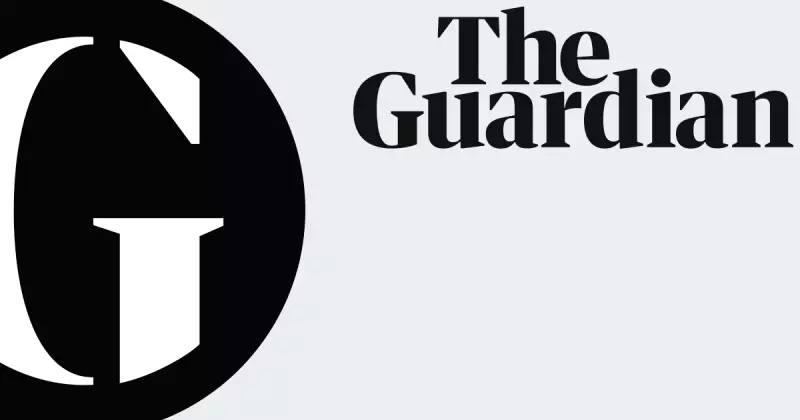
Australia's political landscape is at a critical crossroads, with growing concerns that the current Westminster-style system is failing to serve the people effectively. As public trust in political institutions continues to erode, a compelling case is emerging for what experts are calling a 'Mamdani-style shake-up' - a radical transformation that could fundamentally reshape how democracy functions Down Under.
The Cracks in the Foundation
Multiple warning signs indicate that Australia's political framework is showing significant strain. From perceived government stagnation to an alarming disconnect between elected officials and the communities they represent, the symptoms of a system in crisis are becoming increasingly difficult to ignore. Many Australians feel their voices are no longer being heard in the corridors of power.
What Exactly is a 'Mamdani-Style' Transformation?
While the specifics of this proposed overhaul remain subject to debate, the core concept revolves around implementing substantial structural changes that would make Australian politics more responsive, representative, and effective. The approach suggests moving beyond superficial tweaks to address fundamental issues within the democratic process itself.
Why Now? The Growing Urgency for Change
Several factors are converging to make political reform an urgent priority:
- Persistent voter disillusionment with traditional party politics
- Increasing complexity of national challenges requiring more agile governance
- Growing demand for greater transparency and accountability
- Recognition that incremental changes may no longer be sufficient
The Potential Impact on Australian Democracy
Proponents argue that a Mamdani-style shake-up could reinvigorate Australian democracy by creating a system that better reflects contemporary societal needs. This might involve rethinking electoral processes, enhancing citizen participation mechanisms, or restructuring parliamentary operations to break political deadlocks.
The conversation about political reform is no longer confined to academic circles or policy wonks - it's moving into the mainstream as more Australians question whether their current system of governance is fit for purpose in the 21st century.
As the debate intensifies, one thing becomes clear: the status quo appears increasingly unsustainable. Whether Australia will embrace a Mamdani-style transformation or find another path forward remains to be seen, but the demand for meaningful political change is growing louder by the day.





